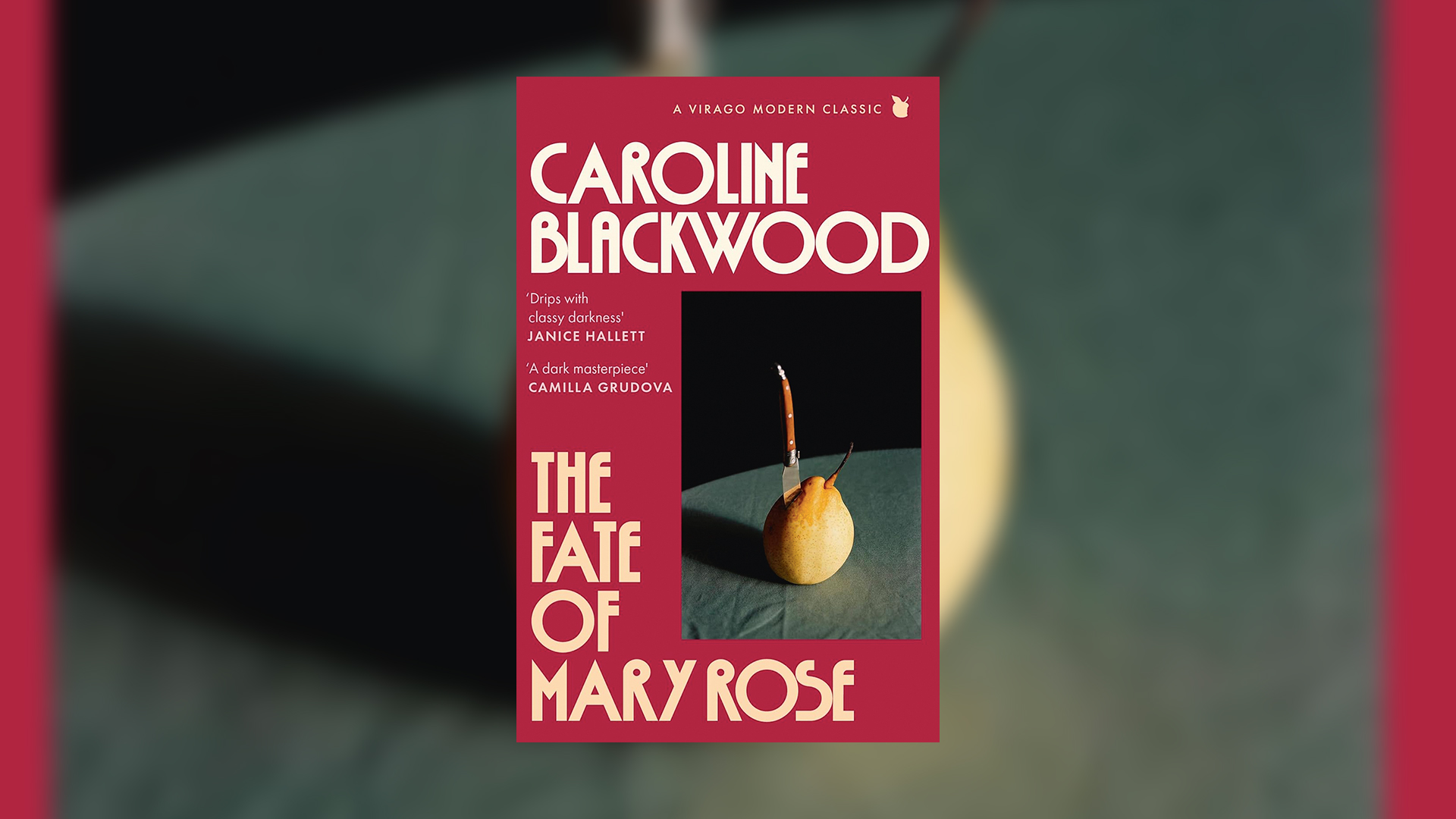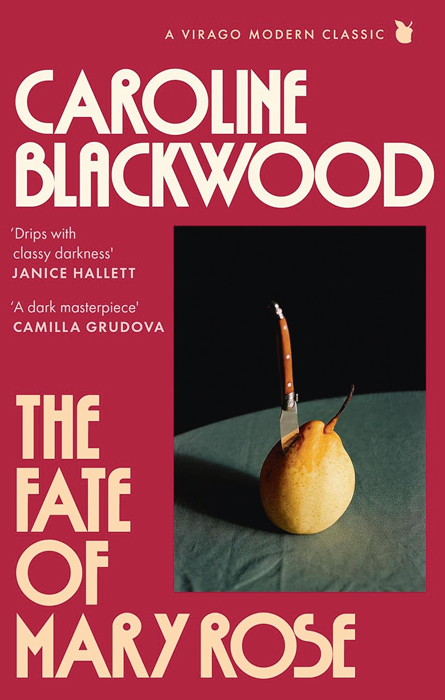Among republished novels by women in line for reappraisal – Dinah Brooke’s Lord Jim at Home, the works of Celia Dale – I’m noticing a common theme. All these female authors who were overlooked in their time chose to focus on men unconscious of the privilege they possess while proudly wielding their inactivity, blind to the inevitable consequences. Caroline Blackwood’s The Fate of Mary Rose is the latest novel to be republished with these themes, offering a portrayal of Rowland, father, husband and aggravatingly useless individual.
When a girl the same age as Rowland and Cressida’s daughter, Mary Rose, goes missing the entire village is affected by the news. All except our apathetic narrator. Those around him struggle to understand why Rowland doesn’t share their fear over the tragedy unfurling on the daily news, putting him even more at odds with the grieving community and his pained wife.
Through this indifferent man’s perspective, Caroline Blackwood explores the ripples of a violent crime and the shared trauma of gendered violence evoked from every woman Rowland encounters, bleeding through to the reader despite his detached, judgemental tone.
A chilling and poignantly infuriating read, The Fate of Mary Rose shares something with Patricia Highsmith’s Ripley series. Tension is built while Rowland travels between London and the village where the crime has taken place, spending much of the novel discussing possible action rather than doing it. However Rowland doesn’t share in Ripley’s intuition.
This is a man blind to his own effect on the women around him; seeing his lover’s growing disgust and his wife’s unravelling mind as completely separate reactions that have nothing to do with his own behaviour. This dark thriller demonstrates that the horrors of man are a sliding scale from the overtly violent to the passive.
The Fate of Mary Rose by Caroline Blackwood is out now (Little, Brown, £9.99). You can buy it from the Big Issue shop on bookshop.org, which helps to support Big Issue and independent bookshop.







